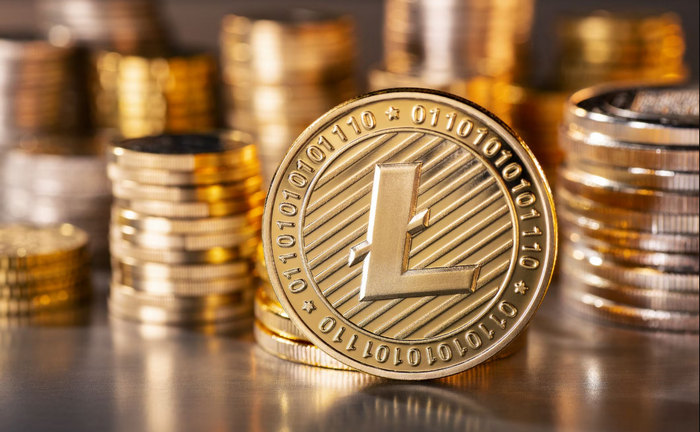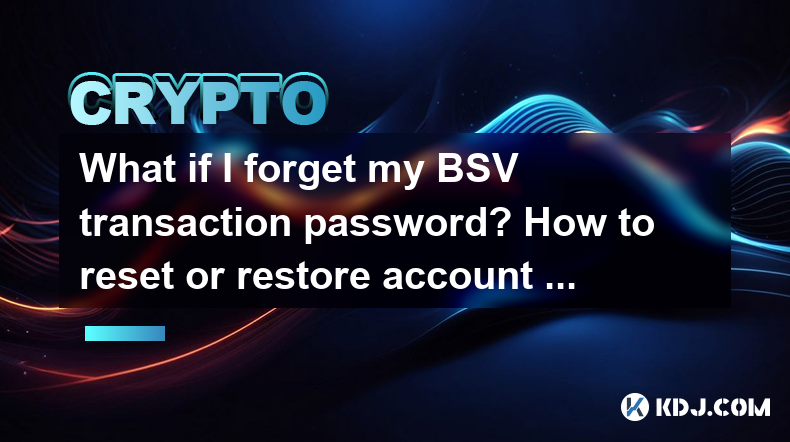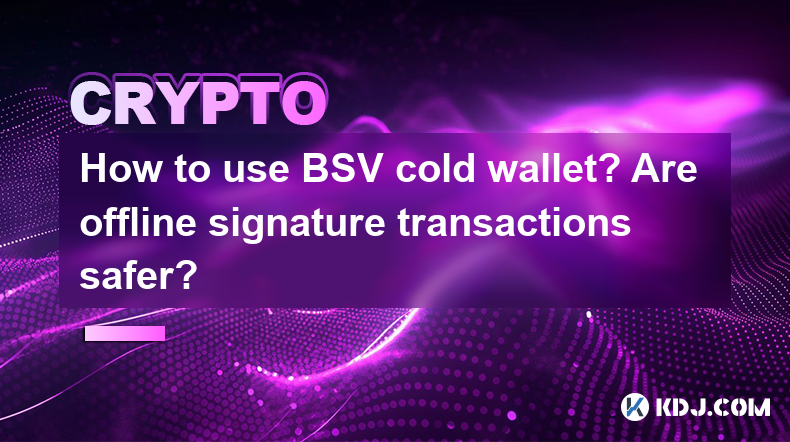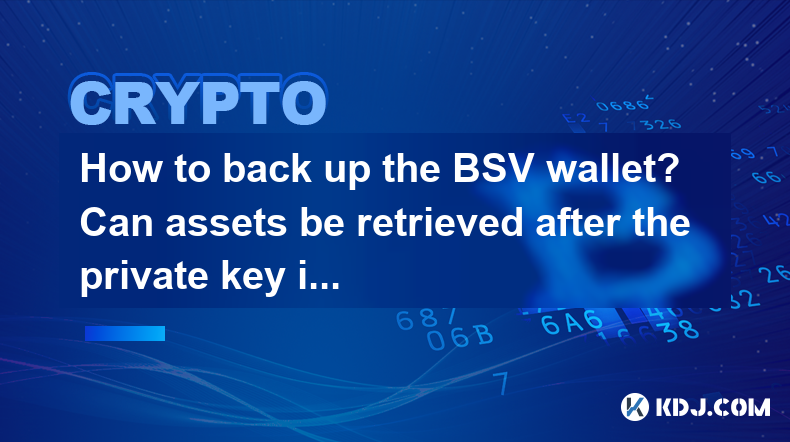-
 Bitcoin
Bitcoin $96,681.8857
-0.36% -
 Ethereum
Ethereum $1,834.6107
-0.74% -
 Tether USDt
Tether USDt $1.0003
0.01% -
 XRP
XRP $2.2187
-0.24% -
 BNB
BNB $600.1228
-0.45% -
 Solana
Solana $148.9273
-1.27% -
 USDC
USDC $0.9999
0.00% -
 Dogecoin
Dogecoin $0.1816
-1.03% -
 Cardano
Cardano $0.6981
-2.26% -
 TRON
TRON $0.2489
1.77% -
 Sui
Sui $3.4083
-3.32% -
 Chainlink
Chainlink $14.5538
-2.49% -
 Avalanche
Avalanche $21.1537
-3.74% -
 Stellar
Stellar $0.2744
-0.91% -
 UNUS SED LEO
UNUS SED LEO $8.9292
-0.17% -
 Toncoin
Toncoin $3.1704
-2.21% -
 Shiba Inu
Shiba Inu $0.0...01337
-1.72% -
 Hedera
Hedera $0.1852
-1.39% -
 Bitcoin Cash
Bitcoin Cash $369.4893
-0.07% -
 Hyperliquid
Hyperliquid $20.6769
1.72% -
 Litecoin
Litecoin $87.6331
-2.54% -
 Polkadot
Polkadot $4.1296
-2.53% -
 Dai
Dai $0.9999
0.02% -
 Bitget Token
Bitget Token $4.4533
1.26% -
 Monero
Monero $277.5329
1.93% -
 Ethena USDe
Ethena USDe $1.0008
0.03% -
 Pi
Pi $0.5934
-1.12% -
 Pepe
Pepe $0.0...08582
-3.12% -
 Aptos
Aptos $5.4079
-2.58% -
 Uniswap
Uniswap $5.2085
-2.67%
What is Litecoin? Learn what Litecoin is in one minute
Litecoin offers faster transactions and lower fees than Bitcoin, making it a viable option for everyday purchases and quick value transfers.
Oct 10, 2024 at 08:41 am

What is Litecoin?
- Overview:
Litecoin is a peer-to-peer, open-source, decentralized digital currency, similar to Bitcoin. It was created in 2011 and is considered one of the earliest "altcoins." Technical Features:
Litecoin shares many technical similarities with Bitcoin:- Uses a blockchain to record transactions securely
- Proof-of-work consensus mechanism
- Limited supply of coins (84 million)
- Faster block processing time (2.5 minutes vs. 10 minutes for Bitcoin)
Advantages of Litecoin:
- Faster transactions: Litecoin processes blocks more quickly than Bitcoin, resulting in faster transaction confirmation times.
- Lower transaction fees: Litecoin fees are generally lower than Bitcoin's due to its higher block processing rate.
- Wide merchant acceptance: Litecoin is accepted by a growing number of merchants and businesses worldwide, making it easier to use for everyday transactions.
Differences from Bitcoin:
- Faster block time: Litecoin processes blocks every 2.5 minutes, compared to Bitcoin's 10-minute block time.
- Scrypt hashing algorithm: Litecoin uses the scrypt hashing algorithm, which is designed to be less susceptible to ASIC mining, making it more accessible for hobby miners.
- Larger maximum coin supply: Litecoin's maximum coin supply is 84 million, compared to Bitcoin's 21 million.
Use Cases:
Litecoin is used for a variety of purposes, including:- Everyday transactions
- Online payments
- Cross-border remittances
- Investment and speculation
Disclaimer:info@kdj.com
The information provided is not trading advice. kdj.com does not assume any responsibility for any investments made based on the information provided in this article. Cryptocurrencies are highly volatile and it is highly recommended that you invest with caution after thorough research!
If you believe that the content used on this website infringes your copyright, please contact us immediately (info@kdj.com) and we will delete it promptly.
- The Ultimate List of Meme Coins Exploding in 2025: From Arctic Pablo to Mubarak
- 2025-05-03 10:15:29
- Bonk Hit Orbit, Were You Onboard? Now, Arctic Pablo Coin Is Tipped as the Next Top Meme Coin of 2025
- 2025-05-03 10:15:29
- Bitcoin (BTC) Prepares to Enter a New Bullish Phase As Market Structure Shifts
- 2025-05-03 10:13:50
- Ripple XRP Soars 5%, Cementing Its Position as the 4th Most Valuable Crypto Asset
- 2025-05-03 10:13:50
- David Marcus Predicts Bitcoin (BTC) Is on Track to Become a Major Player in Everyday Transactions
- 2025-05-03 10:01:50
- title: Stablecoin issuer Tether (USDT) is reportedly looking to return to the US with a new dollar-pegged digital asset.
- 2025-05-03 10:01:50
Related knowledge

BSV transaction fees suddenly increased? How to adjust the handling fee to save costs?
May 02,2025 at 06:42am
Understanding BSV Transaction FeesBSV (Bitcoin SV) aims to fulfill the original vision of Bitcoin as a peer-to-peer electronic cash system. One of the key elements in this system is the transaction fee, which compensates miners for including transactions in the blockchain. Recently, users have noticed a sudden increase in BSV transaction fees, which can...

How to solve the high slippage of BSV transactions? How to choose between limit and market orders?
May 02,2025 at 09:01pm
High slippage can be a significant concern for traders dealing with Bitcoin SV (BSV) transactions. Slippage refers to the difference between the expected price of a trade and the price at which the trade is actually executed. This can occur in fast-moving markets or when there is low liquidity. To address this issue, understanding the mechanics of slipp...

How to check BSV transaction records? How to use the blockchain browser?
May 03,2025 at 06:50am
Checking BSV (Bitcoin SV) transaction records and using a blockchain browser are essential skills for anyone involved in the cryptocurrency space. These tools allow you to verify transactions, check wallet balances, and understand the flow of funds on the blockchain. This article will guide you through the process of checking BSV transaction records and...

What if I forget my BSV transaction password? How to reset or restore account permissions?
May 02,2025 at 02:49pm
Forgetting your BSV (Bitcoin SV) transaction password can be a stressful experience, but there are steps you can take to reset or restore your account permissions. This article will guide you through the process, ensuring you understand each step and potential solutions available to you. Understanding BSV Transaction PasswordsBSV transaction passwords a...

How to use BSV cold wallet? Are offline signature transactions safer?
May 02,2025 at 05:21am
Using a BSV (Bitcoin SV) cold wallet involves several steps to ensure the secure storage and management of your cryptocurrency. A cold wallet, also known as a hardware wallet or offline wallet, is a physical device that stores your private keys offline, making it much more secure than keeping your keys on a computer or mobile device connected to the int...

How to back up the BSV wallet? Can assets be retrieved after the private key is lost?
May 01,2025 at 11:50pm
Introduction to BSV Wallet BackupBacking up your BSV (Bitcoin SV) wallet is a crucial step in safeguarding your digital assets. The process involves securing your private keys, which are essential for accessing and managing your BSV. Understanding how to back up your wallet and the implications of losing your private key is vital for any cryptocurrency ...

BSV transaction fees suddenly increased? How to adjust the handling fee to save costs?
May 02,2025 at 06:42am
Understanding BSV Transaction FeesBSV (Bitcoin SV) aims to fulfill the original vision of Bitcoin as a peer-to-peer electronic cash system. One of the key elements in this system is the transaction fee, which compensates miners for including transactions in the blockchain. Recently, users have noticed a sudden increase in BSV transaction fees, which can...

How to solve the high slippage of BSV transactions? How to choose between limit and market orders?
May 02,2025 at 09:01pm
High slippage can be a significant concern for traders dealing with Bitcoin SV (BSV) transactions. Slippage refers to the difference between the expected price of a trade and the price at which the trade is actually executed. This can occur in fast-moving markets or when there is low liquidity. To address this issue, understanding the mechanics of slipp...

How to check BSV transaction records? How to use the blockchain browser?
May 03,2025 at 06:50am
Checking BSV (Bitcoin SV) transaction records and using a blockchain browser are essential skills for anyone involved in the cryptocurrency space. These tools allow you to verify transactions, check wallet balances, and understand the flow of funds on the blockchain. This article will guide you through the process of checking BSV transaction records and...

What if I forget my BSV transaction password? How to reset or restore account permissions?
May 02,2025 at 02:49pm
Forgetting your BSV (Bitcoin SV) transaction password can be a stressful experience, but there are steps you can take to reset or restore your account permissions. This article will guide you through the process, ensuring you understand each step and potential solutions available to you. Understanding BSV Transaction PasswordsBSV transaction passwords a...

How to use BSV cold wallet? Are offline signature transactions safer?
May 02,2025 at 05:21am
Using a BSV (Bitcoin SV) cold wallet involves several steps to ensure the secure storage and management of your cryptocurrency. A cold wallet, also known as a hardware wallet or offline wallet, is a physical device that stores your private keys offline, making it much more secure than keeping your keys on a computer or mobile device connected to the int...

How to back up the BSV wallet? Can assets be retrieved after the private key is lost?
May 01,2025 at 11:50pm
Introduction to BSV Wallet BackupBacking up your BSV (Bitcoin SV) wallet is a crucial step in safeguarding your digital assets. The process involves securing your private keys, which are essential for accessing and managing your BSV. Understanding how to back up your wallet and the implications of losing your private key is vital for any cryptocurrency ...
See all articles





















































































